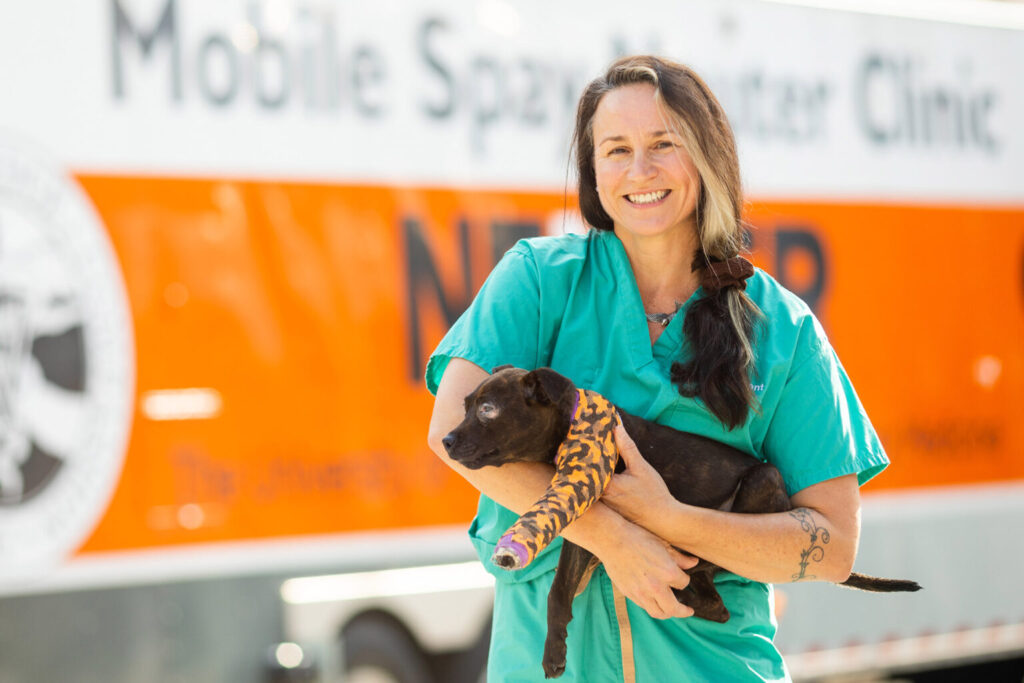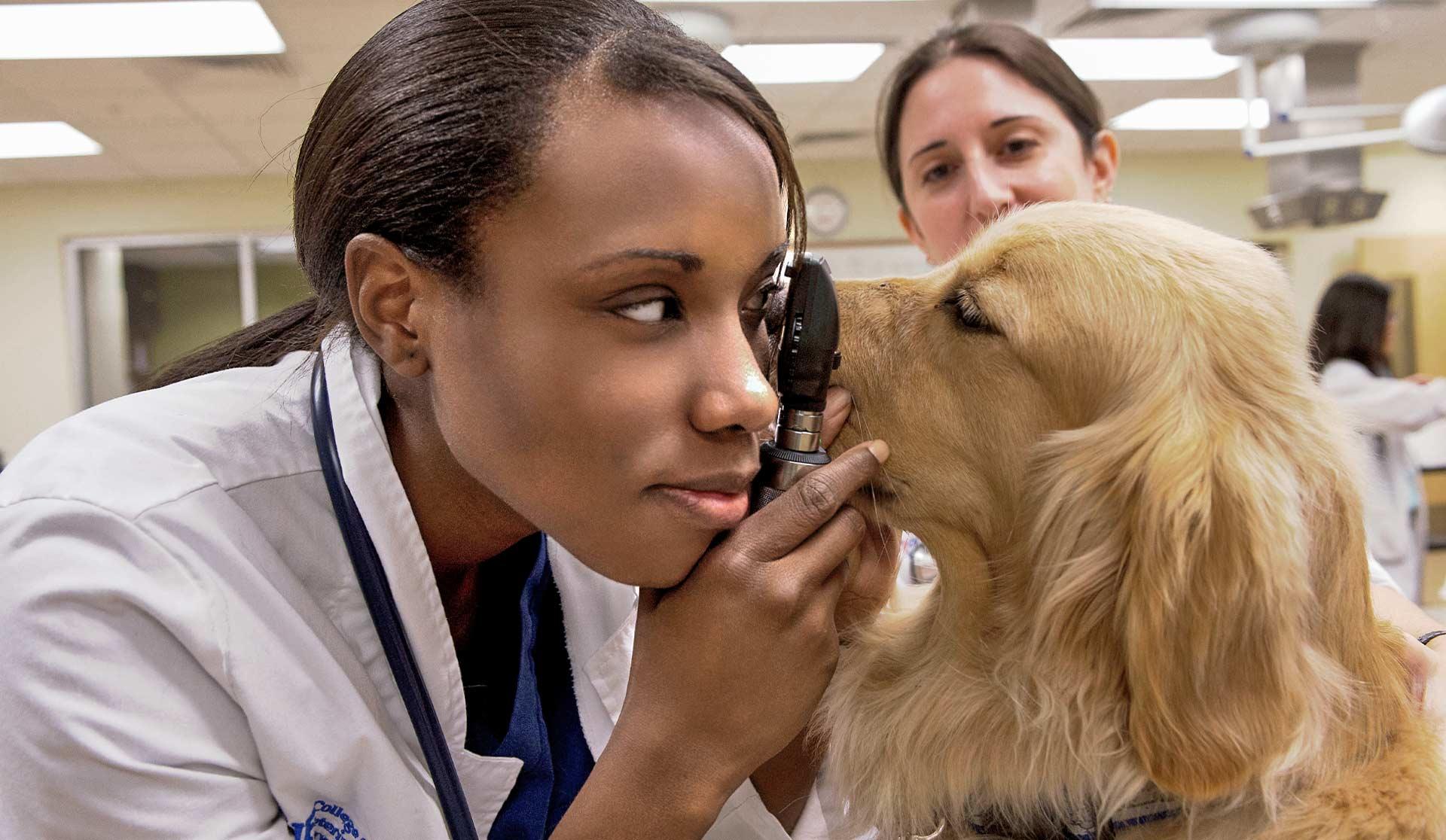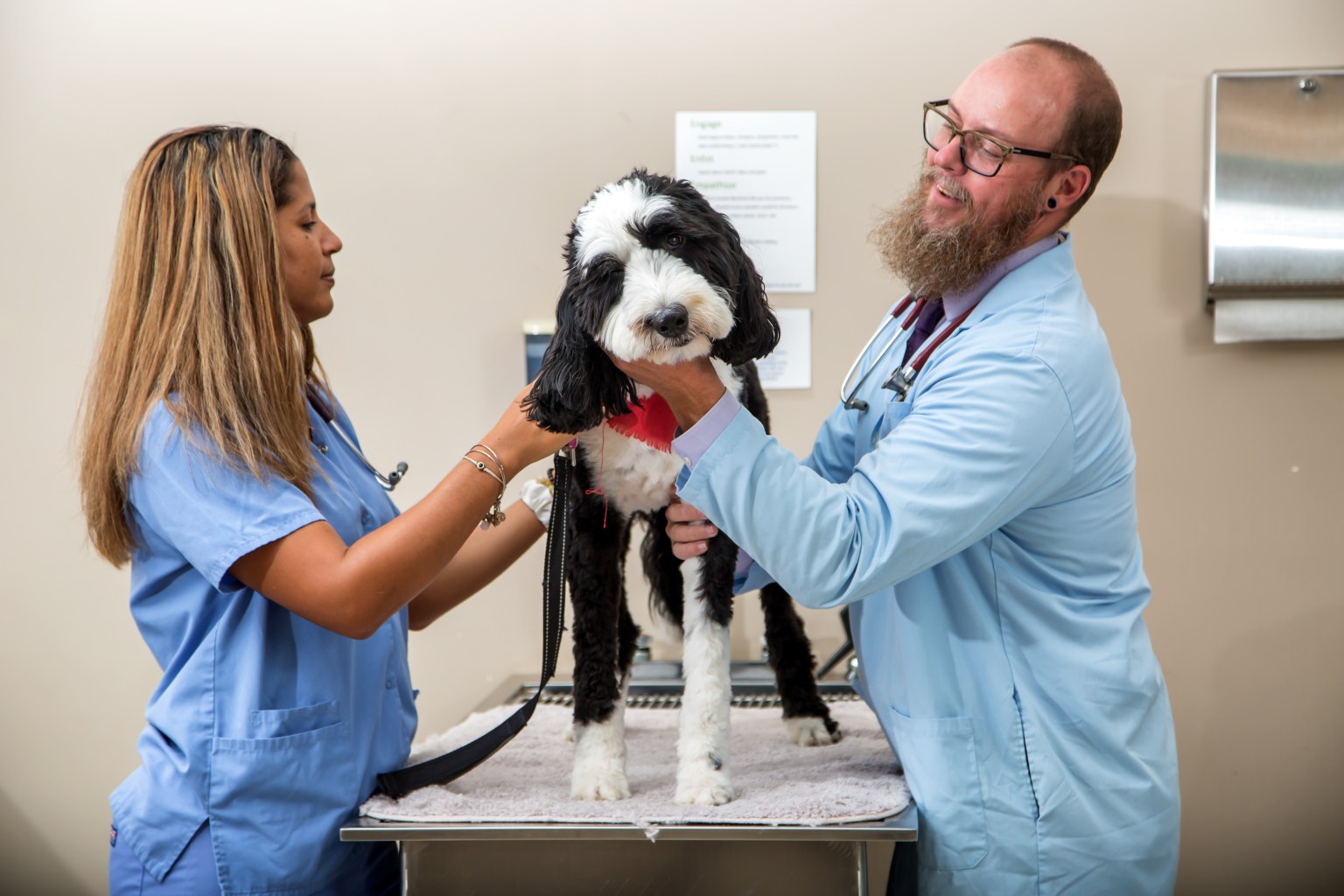Pet Cancer Surgery explained for worried animal caregivers
Wiki Article
The Significance of Very Early Discovery: Insights From a Vet Oncologist
Early detection of cancer in pets is an essential topic for family pet owners and veterinary specialists alike. Vet oncologists stress the value of recognizing refined signs that might indicate major health and wellness problems. Usual symptoms often go undetected until they escalate. Recognizing these early caution signs and advancements in analysis techniques can make a substantial distinction. What steps can pet dog proprietors require to boost their pet dogs' opportunities of very early medical diagnosis and far better treatment end results?Understanding Cancer in Animals: Common Types and Symptoms
While lots of animal owners might not recognize it, cancer is a significant health and wellness issue affecting animals, similar to it carries out in humans. Usual kinds of cancer in animals include lymphoma, mast cell tumors, osteosarcoma, and mammary lumps. These malignancies can materialize in numerous means, depending on their area and type. Signs often include inexplicable weight reduction, consistent throwing up, changes in cravings, or unusual swellings and bumps. Pet dogs might additionally exhibit sleepiness, trouble breathing, or unwillingness to workout, which can show underlying wellness problems. Early indicators can be subtle, making it necessary for family pet proprietors to be observant of their pets' behaviors and physical problem. Recognizing these typical types and linked signs and symptoms can empower owners to look for veterinary care immediately, possibly resulting in earlier medical diagnosis and treatment alternatives. Recognizing the indicators of cancer cells in pet dogs is an important action towards improving their health and lifestyle.The Function of Veterinary Oncologists in Very Early Discovery
Veterinary oncologists play an essential duty in the early discovery of cancer cells in pet dogs, as their specialized training equips them with the skills required to identify subtle indicators that may be overlooked by family doctors. They use a mix of clinical proficiency and progressed analysis tools to examine individuals completely - Board Certified Veterinary Oncologist. By recognizing very early symptoms and danger elements, oncologists can lead animal owners towards timely treatments, enhancing the chances of successful therapyVet oncologists usually collaborate with basic experts to develop screening methods tailored to specific types or age teams, boosting the efficiency of early discovery efforts. They educate pet dog proprietors on the value of regular exams and awareness of modifications in habits or physical condition. Via these proactive measures, vet oncologists significantly add to boosting outcomes for family pets diagnosed with cancer, emphasizing the essential nature of their role in veterinary healthcare.
Developments in Diagnostic Techniques for Animal Cancer Cells
Advancements in diagnostic techniques have actually noticeably improved the capability to detect cancer in pet dogs at earlier stages. Strategies such as advanced imaging, including MRI and CT scans, supply thorough internal views, allowing veterinarians to recognize growths that might not be apparent. In addition, the development of minimally intrusive procedures, such as fine needle aspirates and biopsies, allows exact sampling of tissues for histopathological assessment with decreased stress for the animal.Arising molecular diagnostics, including hereditary testing and biomarker recognition, are changing the landscape of vet oncology. These approaches can determine certain cancer cells types and predict feedbacks to therapy, helping with customized care strategies. Additionally, improvements in research laboratory techniques, such as liquid biopsies, are beginning to offer non-invasive choices for keeping an eye on tumor progression and treatment efficiency. Jointly, these advancements represent a substantial leap onward in veterinary medicine, stressing the crucial function of very early discovery in improving outcomes for pets diagnosed with cancer.
How Family Pet Owners Can Identify Caution Signs
Just how can pet proprietors come to be watchful in acknowledging prospective indication of cancer? Understanding of behavior and physical modifications in pet dogs is essential. Common signs consist of unusual sleepiness, anorexia nervosa, or abrupt weight modifications. Pet dog owners should also focus on persistent vomiting or looseness of the bowels, which may indicate underlying issues.Changes in the skin, such as swellings, bumps, or sores that do not recover, necessitate prompt vet interest. In addition, proprietors need to keep in mind modifications in drinking routines, boosted peeing, or problem in breathing. Unusual limping or pain may also be indicators of even more severe conditions.
Regular veterinary exams can assist determine these caution indications early. By preserving a close observation of their pet dogs' wellness and behavior, owners can play an essential function in very early detection, possibly resulting in better end results need to cancer be detected. Acknowledging these indications may greatly affect a pet her comment is here dog's top quality of life.
The Influence of Very Early Detection on Therapy End Results
Early discovery of cancer cells in family pets plays a crucial role in determining therapy end results, as it frequently enables a wider range of healing alternatives. When cancer is identified in its early phases, vets can execute much less invasive treatments, increasing the likelihood of effective intervention. Early-stage cancers cells might likewise respond much better to chemotherapy or radiation, leading to boosted survival rates and total lifestyle for the pet dog.In addition, punctual diagnosis promotes a more customized treatment plan, lining up with the specific requirements of the animal. This can include customized medication regimens or surgical treatments that are much less hostile. On the other hand, additional hints late-stage discovery usually leads to limited options, much more aggressive therapies, and poorer prognoses. Consequently, the significance of early discovery can not be overstated; it fundamentally alters the trajectory of treatment, making it vital for pet dog proprietors to continue to be vigilant for any kind of indications of health problem in their beloved companions.
Regularly Asked Questions

Just How Can Diet Plan Impact Cancer Danger in Family Pets?
Diet regimen substantially affects cancer threat in animals, as certain nutrients and food kinds can either promote or prevent lump development. A balanced, nutrient-rich diet plan may help in reducing the probability of developing cancer cells in pets.
Are Certain Types Extra Prone to Cancer?
Specific pet dog breeds, such as Golden Retrievers and Fighters, exhibit higher cancer sensitivity because of hereditary proneness. Some feline types likewise show raised cancer cells risks, highlighting the significance of breed-specific health and wellness awareness amongst animal proprietors.
What Are the Expenses Associated With Early Cancer Cells Detection?
The costs connected with early cancer discovery can vary greatly, including diagnostic examinations, appointments, and potential therapies - Veterinary Oncology Services. Investing in these services typically results in better health and wellness outcomes, inevitably minimizing a lot more considerable future clinical costsCan Vaccines Protect Against Cancer Cells in Family Pets?


Vaccinations might minimize the risk of specific cancers cells in animals, specifically those connected to viral infections. Nevertheless, their effectiveness varies, and family pet proprietors need to seek advice from vets for tailored advice relating to vaccination and cancer cells prevention techniques.
How Typically Should Pet Dogs Be Evaluated for Cancer cells?
Animals ought to typically be evaluated for cancer cells annually, especially as they age or if they exhibit risk variables. Normal veterinary exams can aid identify potential problems early, improving treatment end results and overall health administration.check my reference Early discovery of cancer in family pets is a crucial topic for family pet proprietors and vet experts alike. Early signs can be refined, making it necessary for pet owners to be observant of their pets' habits and physical condition. Veterinary oncologists play a necessary duty in the very early discovery of cancer cells in pets, as their specialized training furnishes them with the abilities required to identify refined signs that might be forgotten by general specialists. By keeping a close observation of their pet dogs' health and actions, owners can play a key role in very early detection, potentially leading to far better results must cancer cells be diagnosed. Early discovery of cancer in family pets plays a vital role in identifying therapy results, as it commonly allows for a wider array of therapeutic options.
Report this wiki page